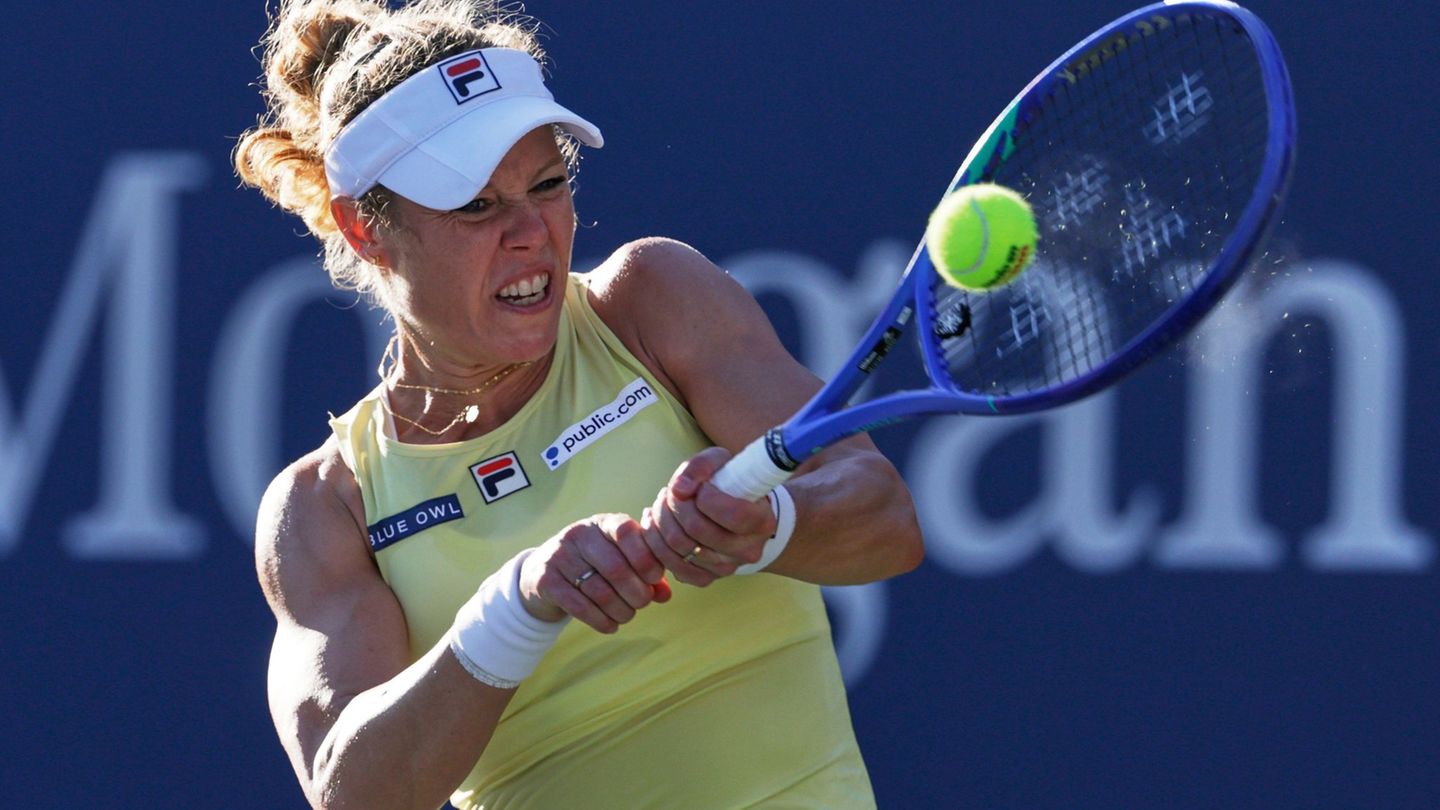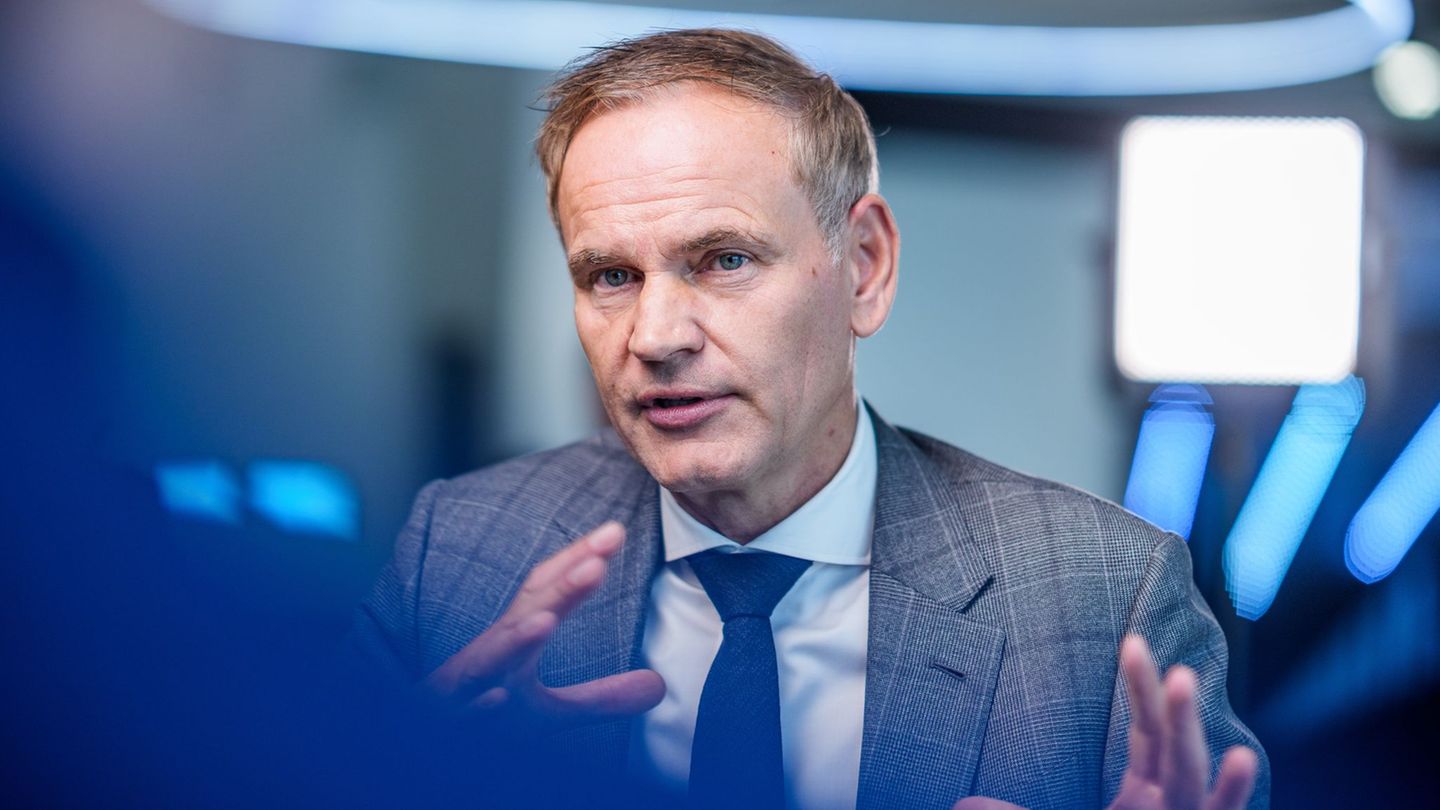I have been working in the news industry for over 6 years, first as a reporter and now as an editor. I have covered politics extensively, and my work has appeared in major newspapers and online news outlets around the world. In addition to my writing, I also contribute regularly to 24 Hours World.
Menu
Germany before new elections: Opposition rejects cooperation demanded by Scholz
Categories
Most Read
Coalition: Where the coalition has agreed – and where not
October 9, 2025
No Comments
Gaza war: 170,000 tons of UN aid are waiting to enter Gaza
October 9, 2025
No Comments
Donald Trump: The moment he found out about the Gaza deal from a piece of paper
October 9, 2025
No Comments
Gaza war: Merz is optimistic about the latest developments in the Middle East
October 9, 2025
No Comments
Middle East: First phase of a Gaza deal has been completed – what happens next?
October 9, 2025
No Comments
Latest Posts

Tennis: Siegemund surprisingly makes it to the quarter-finals in Wuhan
October 9, 2025
No Comments
PierceI am Pierce Boyd, a driven and ambitious professional working in the news industry. I have been writing for 24 Hours Worlds for over five

Pension reform: Why more contributors are not the solution
October 9, 2025
No Comments
AngelicaI am an author and journalist who has written for 24 Hours World. I specialize in covering the economy and write about topics such as

Auto industry: VW boss Blume: End of combustion engines in 2035 is “unrealistic”
October 9, 2025
No Comments
AngelicaI am an author and journalist who has written for 24 Hours World. I specialize in covering the economy and write about topics such as
24 Hours Worlds is a comprehensive source of instant world current affairs, offering up-to-the-minute coverage of breaking news and events from around the globe. With a team of experienced journalists and experts on hand 24/7.

